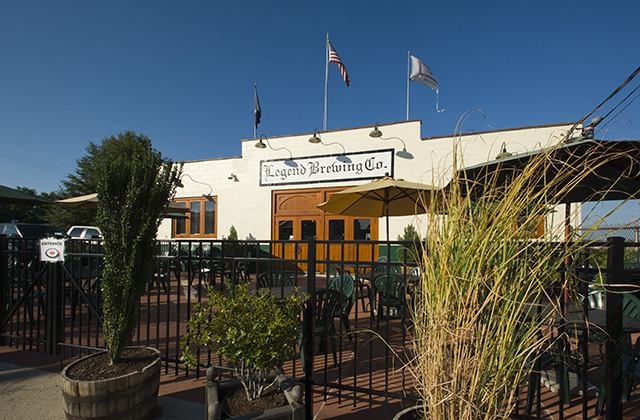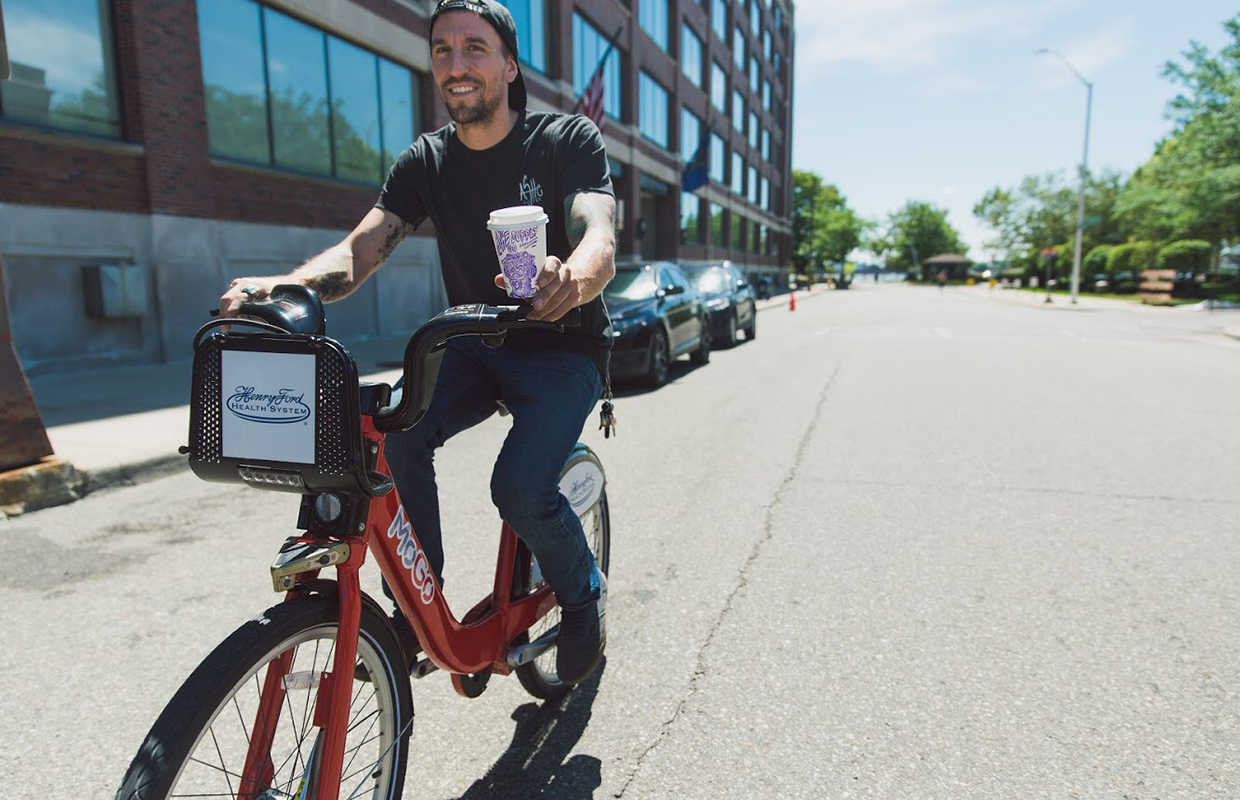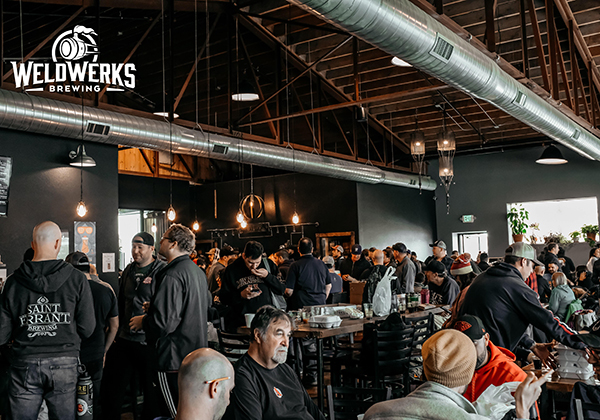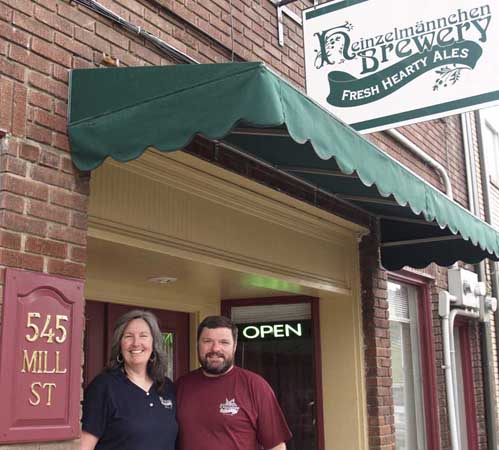
Balance, not just in terms of hops and malt, but also in business philosophy is what has kept Legend Brewing in the game for more than 20 years.
Blending quality classic styles along with brews appealing to the ever wandering eye of promiscuous drinkers, the Richmond, Virginia brewery has enjoyed seeing craft beer success throughout.
“From the beginning, I remember a stress on quality,” recalls Legend Head Brewer John Wampler. “Growing consumer interest allowed a slow and organic brewery growth. ‘Slow is smooth … smooth is fast’ is a good fit for our history.”
That growth has helped Legend’s Vice President R. David Gott to even expand into new spaces. The brewery will open a second pub in Portsmouth, Virginia this year.
“It’s become a necessary thing,” Gott said. “As all of the newer breweries hit the market, the available space in the distributors warehouses gets smaller. In order to have all of our products available, we need dedicated outlets. Distributors only want to carry three or four products from each supplier. So to make all of our products available, we hope to open four more brew pubs around the state.”
Legend is Virginia’s oldest operating craft brewery, starting production in 1994 with a restaurant and brewpub.
“Just to put things into perspective, the term ‘micro-brew’ was just surfacing around that time,” Wampler said. “We had a 10-barrel brewhouse, four 10-BBL fermenters, four 8-BBL brite tanks, and a very small restaurant. A sister company, Legendary Distributors, operating out of our warehouse, consisted of one guy and a van to deliver kegs of Richmond’s new beer around the area.”

Legend now produces 15,000 BBLs per year on its 30-BBL brewhouse with state-wide distribution.
“We have dabbled out of state in Maryland, Washington DC, and North Carolina, but [we] feel it is best to keep our product close to home at this stage in the interest of freshness and quality,” Wampler said.
Gott noted that staying in house and having customers come to them seems to be a good strategy for the brewery.
“The market has become very crowded,” the 56-year-old said, who has been with Legend since 1996. “It makes it very difficult to have or keep any type of market share. There is a lot emphasis on crazy names, ingredients and stories. For me personally it has become much more complicated, and truthfully it’s not as much fun.
“I like to be challenged and with the almost daily changes in the industry, you have to stay on your toes and be adaptable.”
Wampler, who has been with Legend for 22 years after walking in, ordering a Porter and talking with company founder Tom Martin, said he has mixed feelings about how the industry is changing in terms that there is a large consumer base, but the focus has gone toward hype and ratings with very few styles getting the bulk of the attention.
“I learned brewing here and I’m still learning brewing here,” he said. “A lot of people think of brewing as mashing in on the brew tower and throwing buckets of hops into a steaming kettle and maybe standing around holding up a glass of beer and looking at it. You see this in photographs of brewers all the time. It’s like they are trying to figure out how the beer ended up in their glass. But when brewers say ‘brewing’, they are talking about the process of beer production as a whole.
“From equipment and ingredients, to water chemistry, yeast health and behavior, sanitation, packaging, distribution, and everything in between. The more you know as a brewer, the more questions you have. Maybe that is what those guys staring at their beer are thinking about.”
But don’t confuse those feelings about the consumer base for being a fuddy duddy of a brewer. Wampler said that Legend still works to push the envelope but within the reigns of being a balanced production brewery.
“There is a quiet undercurrent of craft beer drinkers with experienced and educated palates who are not drinking extreme beers on a daily basis,” he said. “They want to wind down and socialize with a go-to beer that still tastes like a ‘beer’. These are the folks drinking most of the beer and driving the industry financially.
“We offer a base of classic beer styles, but we love to mix this with more adventurous creations as well. Our seasonal beers tend to be a bit more outside of the ordinary. Some examples are coffee stout, oyster stout, various IPAs and Belgians. We also have a well refined and creative casking program, as well as a barrel aging program that is producing some phenomenal variants for us.”




Hey
If Scott sicotte is your dad, I hope you are getting him away from that Detroit river brew and getting him to drink some real beer !